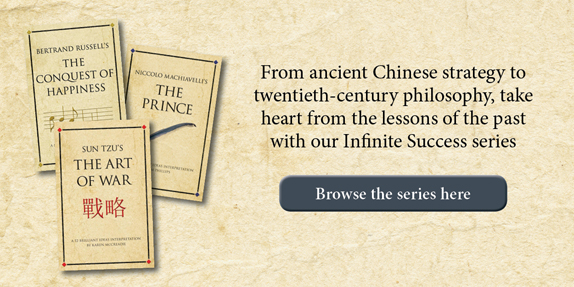Cometh the hour, cometh the Boris
6 August 2014 by Catherine Holdsworth in Business and finance, Current events
Boris Johnson has just declared his intention to run for MP in the national election next year. While Londoners may breathe a sigh of relief that they will be losing their buffoonish Mayor, we can all close our eyes and hope, hope, hope that he doesn’t get voted in by the general public who, we presume, have more common sense than their wannabe future parliamentary representative. First comes MP, next step Prime Minister and the south of the UK will most likely be waging war against the north. Scotland: get out while you can!
Machiavelli has suggested that leaders are a product of their time, elected because the public need them to perform a certain role. Though it is hard to imagine any situation when we will need ol’ Boris to lead us, his reign may serve only to make us appreciate David Cameron all the more or fall for the un-PRable charms of Ed Milliband.
Tim Phillips’ book, The Prince discusses the right time to lead and the right time to stand back. If Boris really wants to hit the political heights perhaps he should study the lesson below.
If you achieve success, you’d like to think that you would have succeeded in any job in any company. Not true, Machiavelli points out. Leaders are usually successful because they’re right for the moment. ‘Rulers maintain themselves better if they owe little to luck,’ says Machiavelli, describing how a prince can maintain a kingdom he has won through arms and ability. But he’s defining luck closely. What he doesn’t consider to be luck is the combination of the right time and the drive to succeed that throws forward a ruler. Indeed, he considers the spark of frustration – which becomes inner drive – to be an important element when the opportunity arises.
So we have three things: potential, the right time in which to exercise that potential, and an inner force to succeed. It’s like this:
Talent + opportunity + drive = success
We often assume that talent alone is sufficient to make someone a success, or to make a tenure as a leader successful. Machiavelli says that you actually need to be the right sort of leader for the specific opportunity. History is written by winners, and so it is often written as a simple meritocracy – the right person just somehow floats to the top effortlessly and inevitably. But in any generation there are nearly-successes: those people who would have been successful at a different time, or with different challenges, or if they had just a little more of the right type of drive to meet those challenges.
The best example of the combination of talent, drive and timing in political history is probably Winston Churchill, a man who in any other time would have been remembered as a comparative failure. By the mid-1930s, Churchill’s best years were assumed to be behind him, and compared to the reach of his ambition they weren’t even that good. He was also considered to be a political opportunist and, in addition, his political views were well out of step with fashionable thinking. But when his country needed decisive leadership and a uniting force who was above party politics, he became prime minister in 1940 – at the age of sixty-five – and led Britain brilliantly in World War II.
Most political careers end in failure: bright stars who never seem to have quite the right opportunity; party loyalists whose party can’t get elected into government; talented meteors who make one gaffe that they never manage to shake off; number twos who don’t make it to the top job until it’s too late, or who don’t get there at all.
In politics, this is acted out nightly on the News. But we all know someone who didn’t quite make it, got stuck in the wrong job, or just lost their drive. You want to succeed? You need to find the right opportunity, not wait for it to come to you.

